The lead attorney in O’Bannon v. the NCAA, a landmark case that paved the way for athletes to earn money off their name, image and likeness, has filed an opposition to the $2.78 billion settlement of three antitrust cases facing the NCAA and power conferences.
Michael Hausfeld and his firm filed documents late Wednesday night to the U.S. District Court of the Northern District of California, arguing the damages portion of the settlement is too low, the cap on the proposed revenue-sharing system with athletes is unlawful and restrictions placed on booster-funded NIL collectives are unfair.
“The settlements involve illusory, contradictory and overreaching terms; approval of them should be denied,” the filing said.

GO DEEPER
What is NIL, how has it changed college sports and why are schools under investigation?
According to the documents, the filing was made on behalf of seven past, present or future Division I college athletes, most notably former Iowa basketball player Jordan Bohannon, an outspoken NCAA critic who pushed for athletes to be allowed to be paid through NIL during his career. Bohannon played at Iowa from 2016-2022. The NCAA lifted its ban on athletes being compensated for NIL in 2021.
Lawyers for the plaintiffs and the NCAA and conferences filed a revised portion of the settlement last week, clarifying language about boosters and third-party NIL deals after U.S. Judge Claudia Wilken raised issues with those provisions during a preliminary approval hearing on Sept. 5. Wilken has yet to make a ruling, and it is unclear when she will or if another hearing will be called.
Wilken also ruled against the NCAA in the O’Bannon case, which challenged the association’s ban on athletes being compensated for their fame, which was decided in 2014.
The filing notes that since the hearing in September, South Dakota’s attorney general has sued the NCAA over the settlement and the governors of North Dakota, South Dakota, Montana, Wyoming and Idaho have urged the NCAA to restructure the deal, claiming it puts an unfair burden on their Division I schools.
Wednesday’s filing claims the settlement is a “stalking horse” for the NCAA to obtain a long-sought antitrust relief from Congress, arguing that while the terms run contrary to several state NIL laws, they would grant the NCAA less opposition as it continues to lobby for congressional exemptions to help codify the settlement.
NCAA president Charlie Baker and the leaders of the power conferences such as SEC commissioner Greg Sankey have been lobbying federal lawmakers for several years, seeking regulations for NIL compensation and a law that precludes athletes from being deemed employees of their schools.
Tony Petitti, commissioner of the Big Ten, said Thursday morning he thinks the best model “is to preserve the student-athlete paradigm first” before moving ahead “to the next world” where benefits are provided more directly.
“I think when you speak with student-athletes at least when I do, I think they feel like they’re getting a lot of the benefits they would get on their employment status,” Petitti said Thursday. “I think student-athletes want to be students and have the experience that they have. Now, having said that, I think what we’re talking about is a meaningful change and being able to provide more benefits directly.
“But in terms of the other things that come, the health and wellness, the training, nutrition, employment status is really complicated. I think there’s sort of a misconception that when people think about employment, that that automatically means it’s better for the employee, and that’s not necessarily the case. And so there’s a lot of unintended things that can happen in that model.”
Under terms of the settlement, schools would be permitted to direct about $20 million annually to athletes as NIL payments.
A request for comment from the NCAA was not immediately returned.
Required reading
(Photo: Isaiah Vazquez / Getty Images)

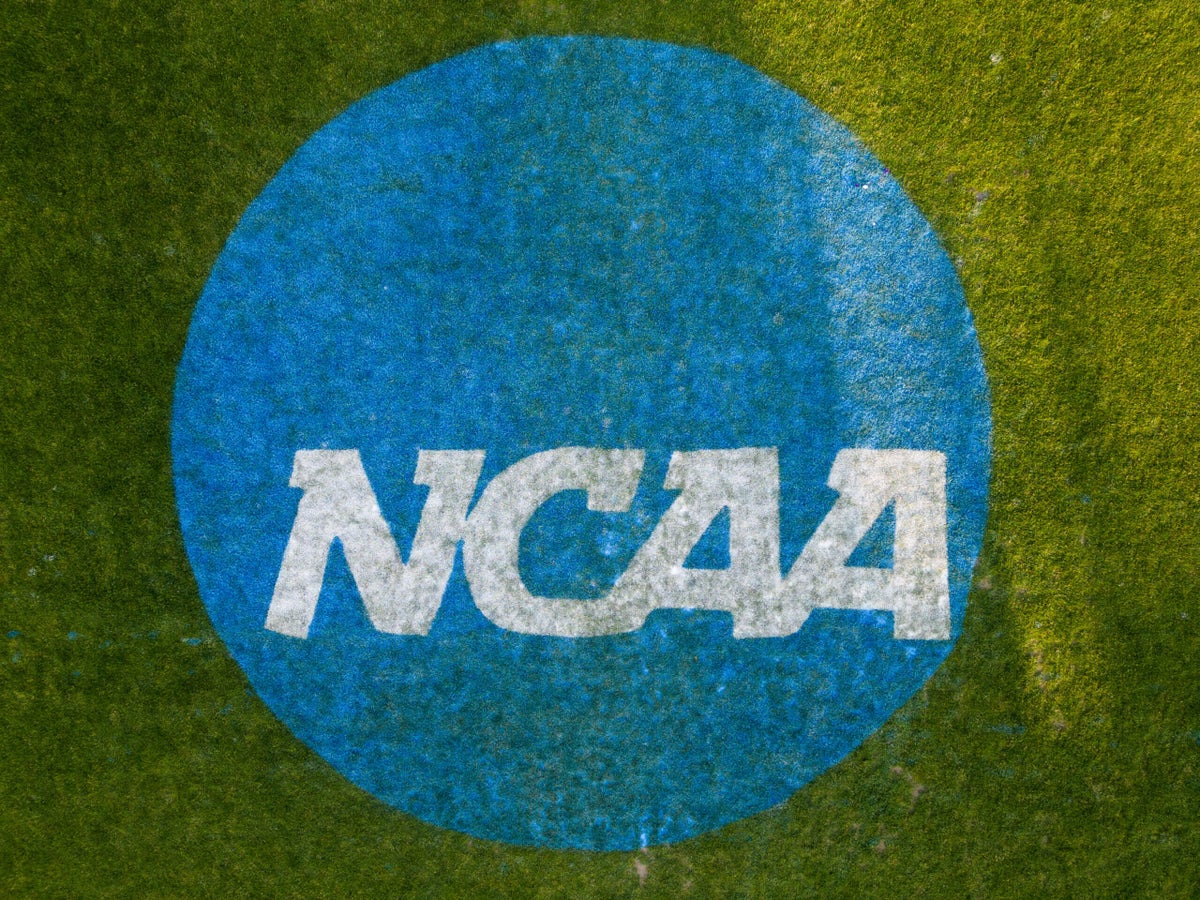
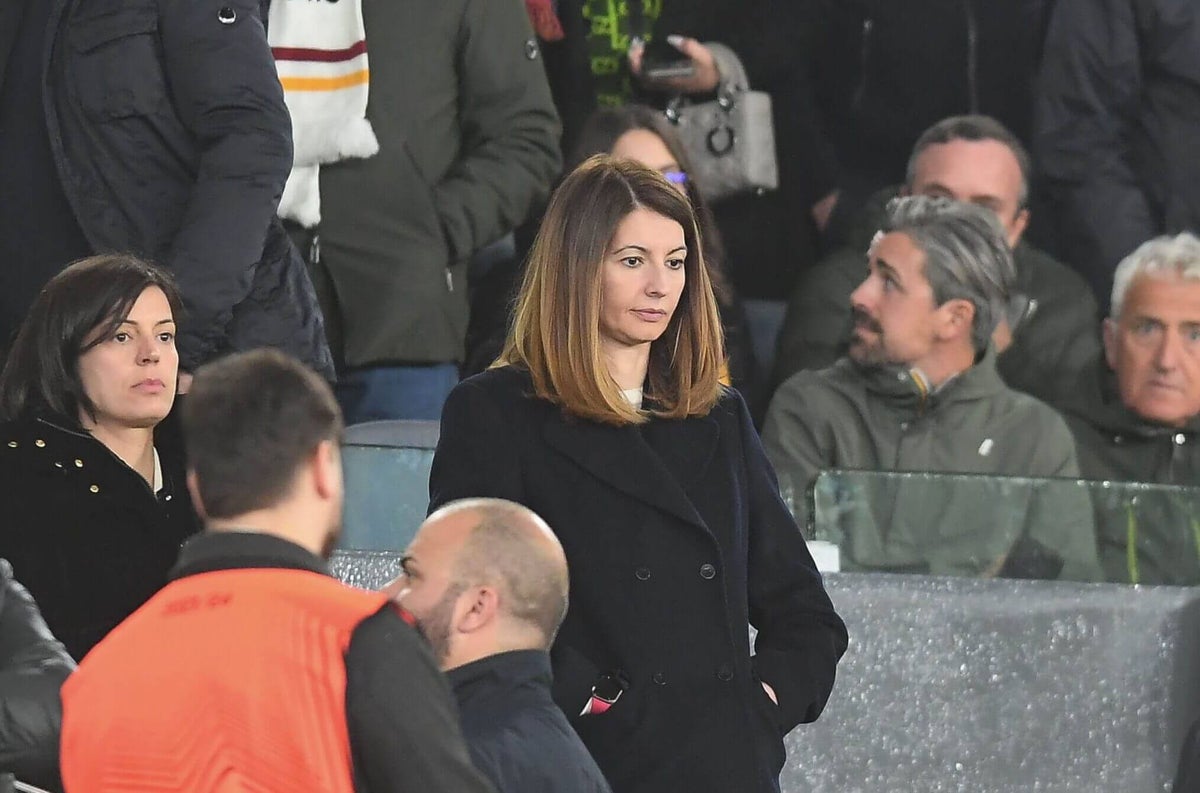
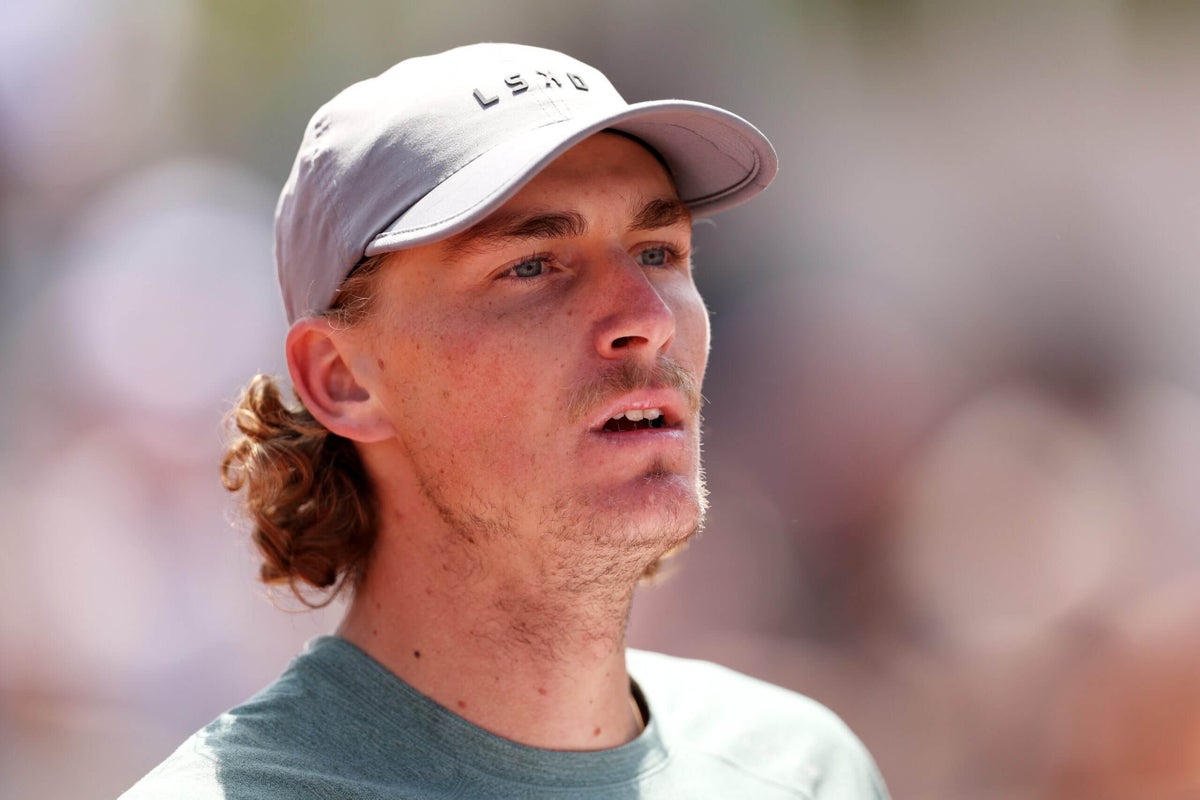
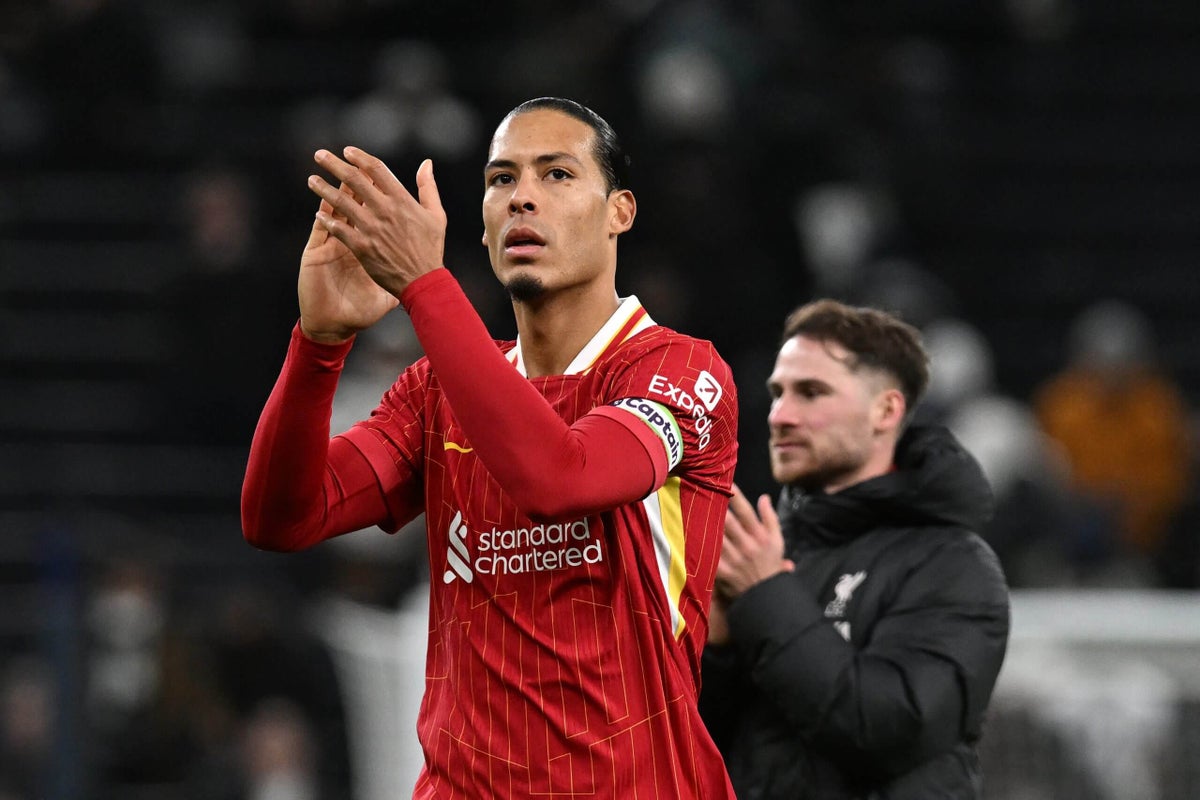
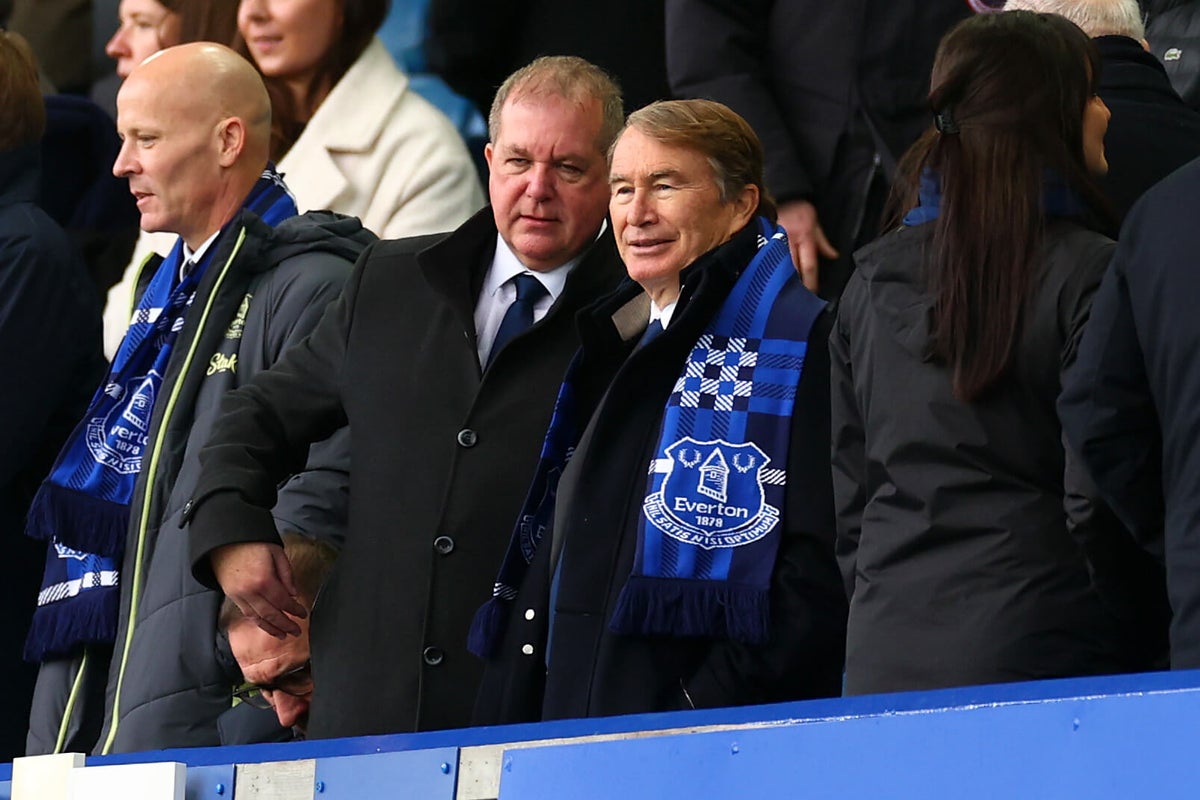
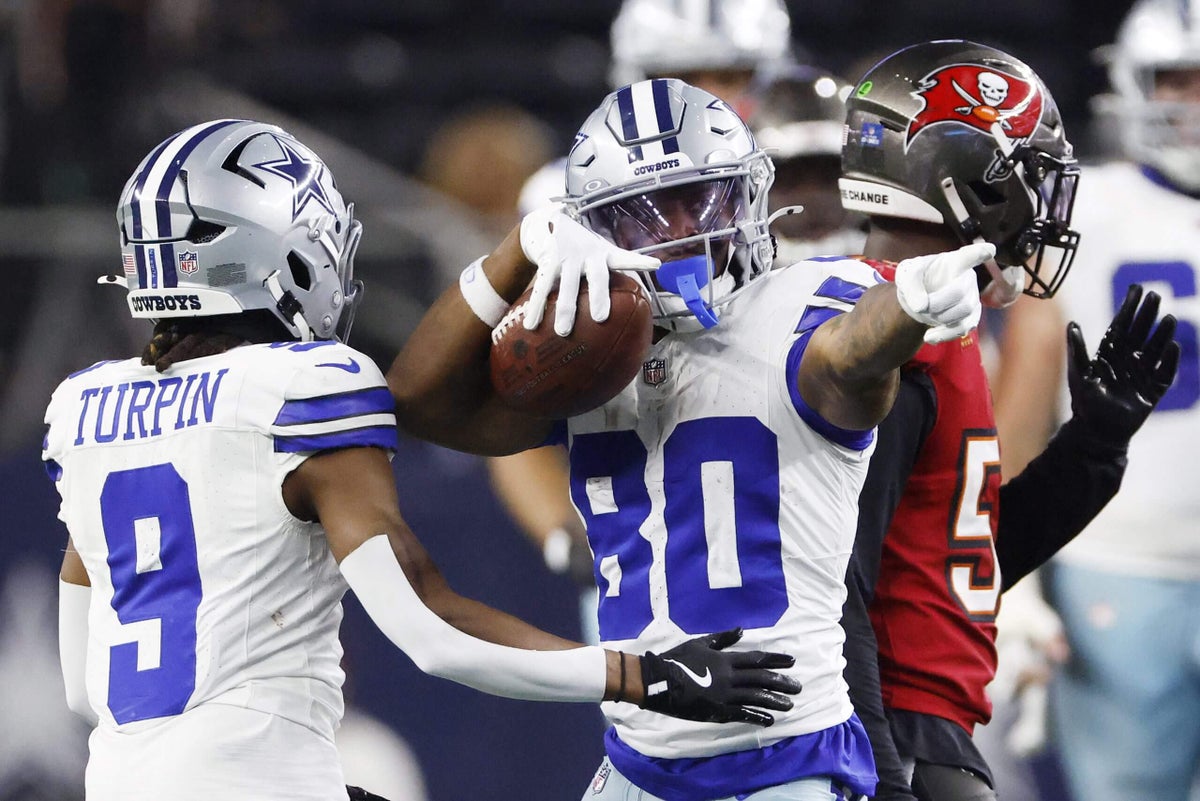
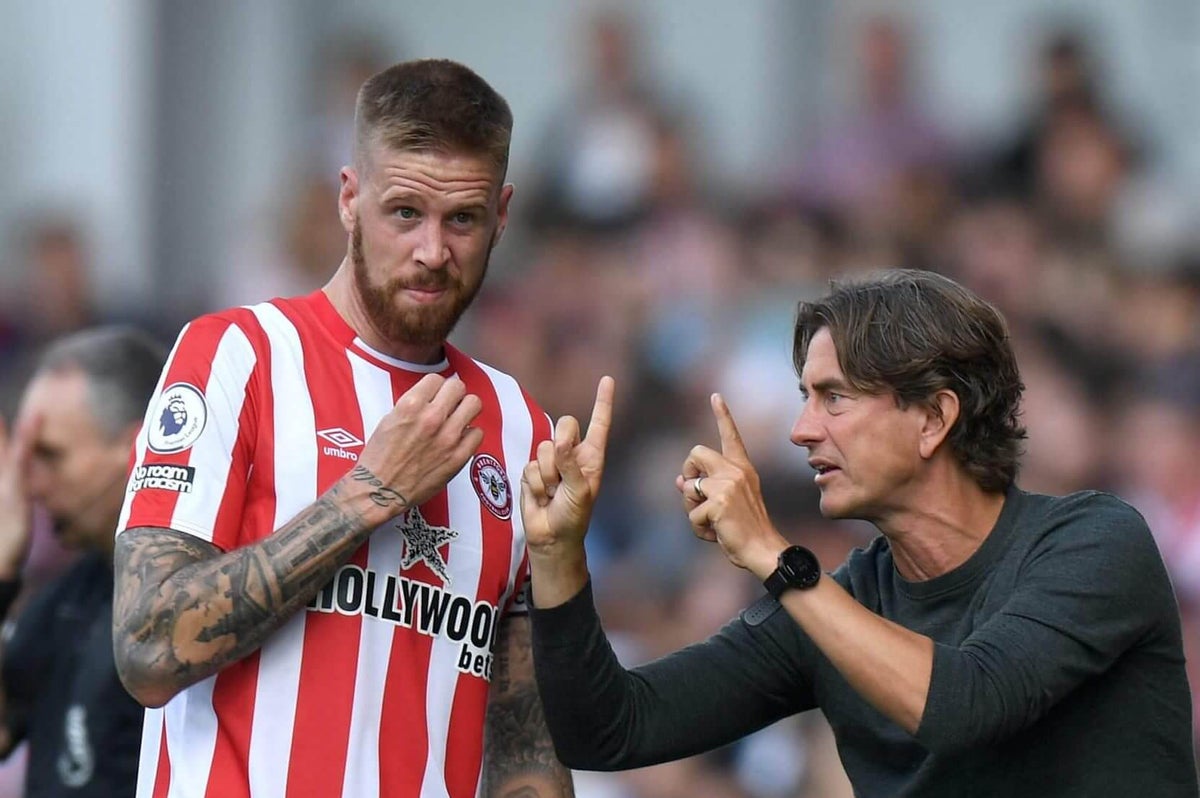
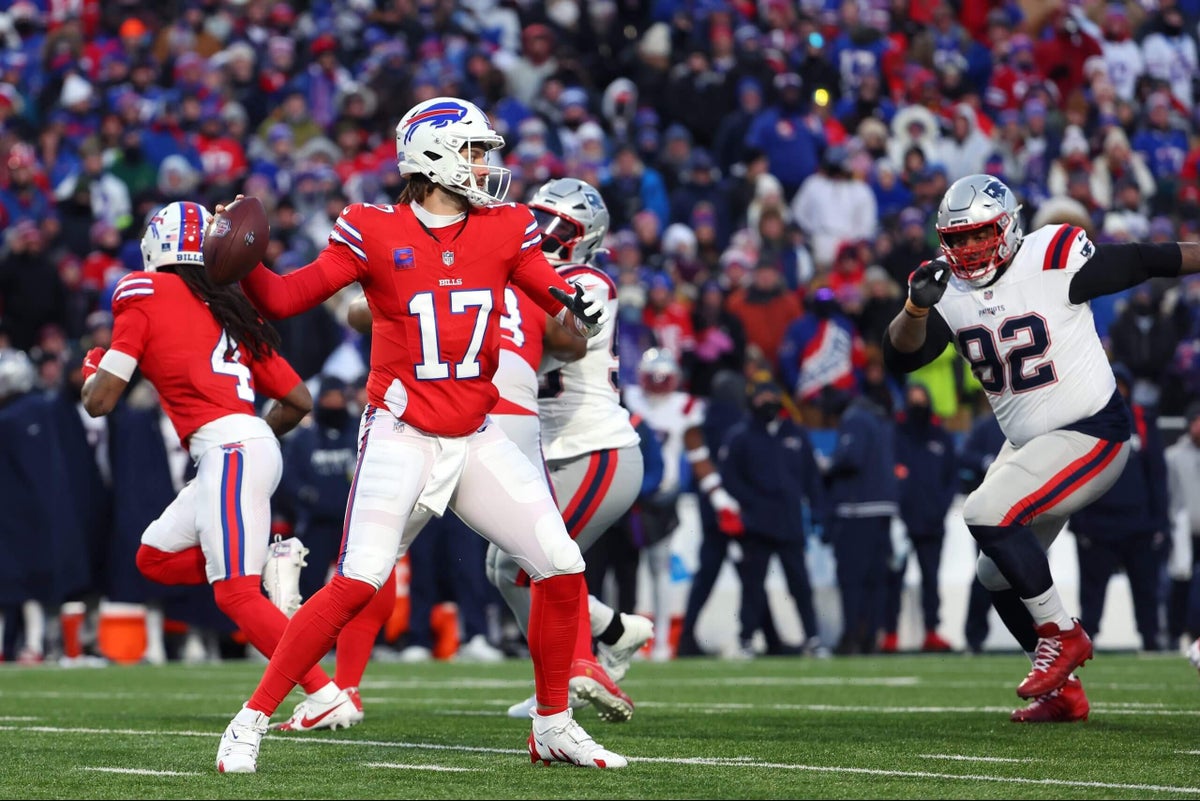
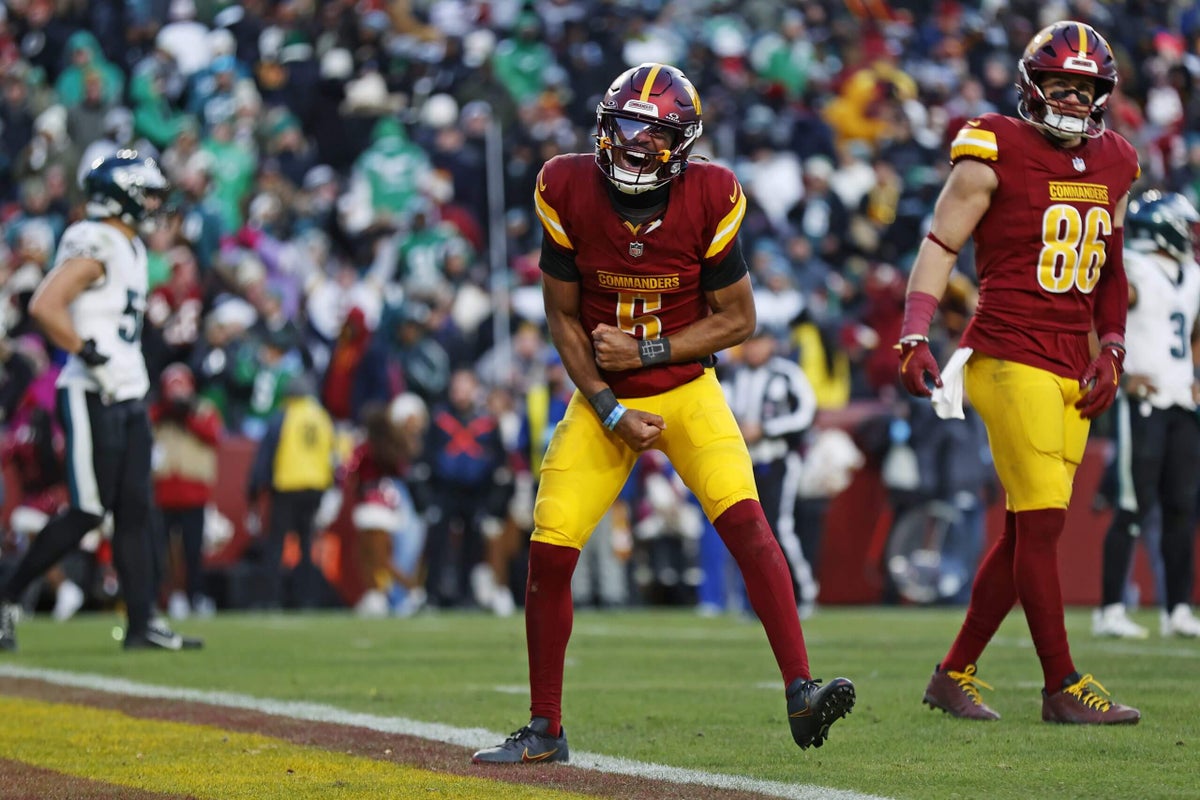
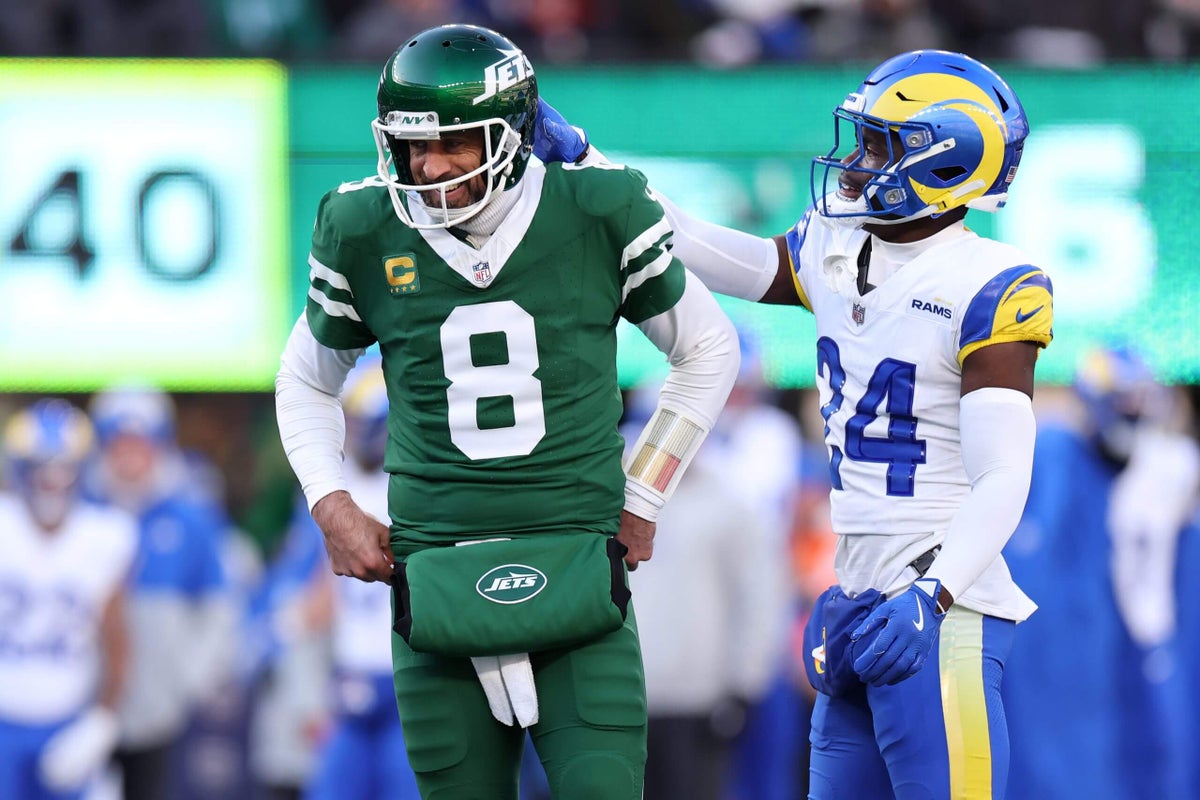
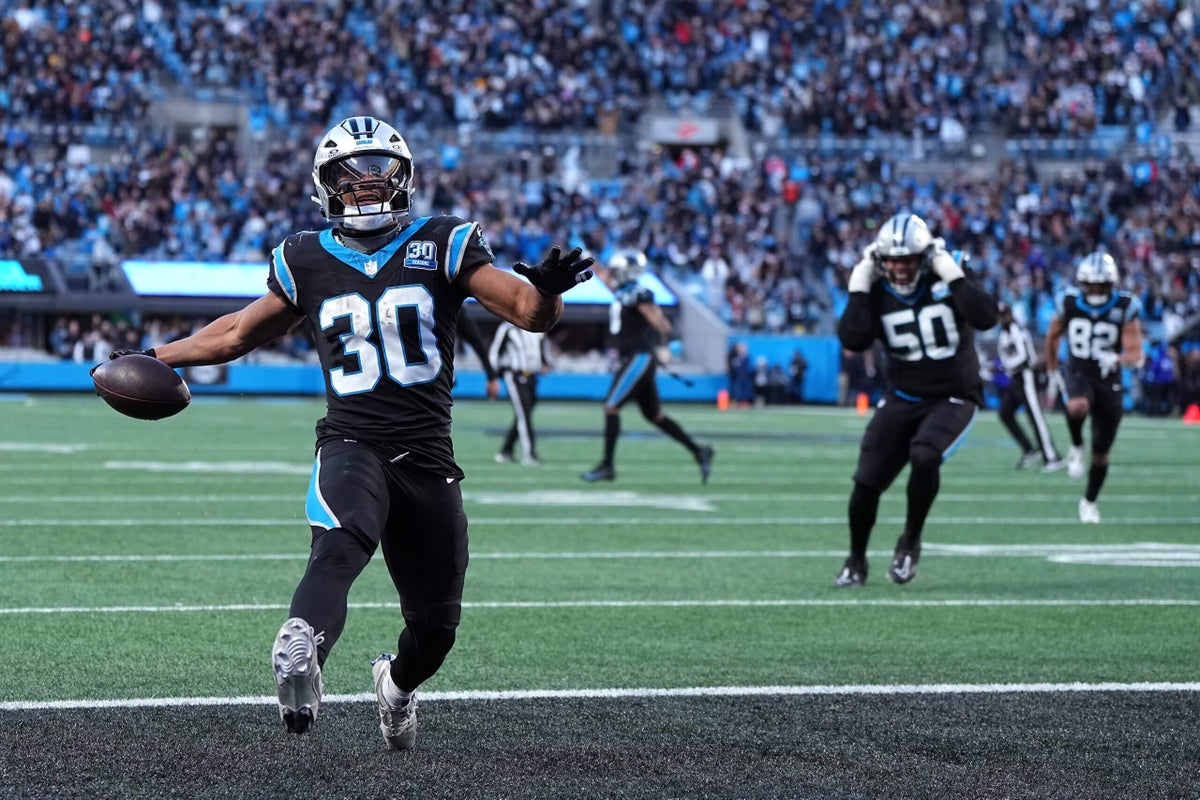
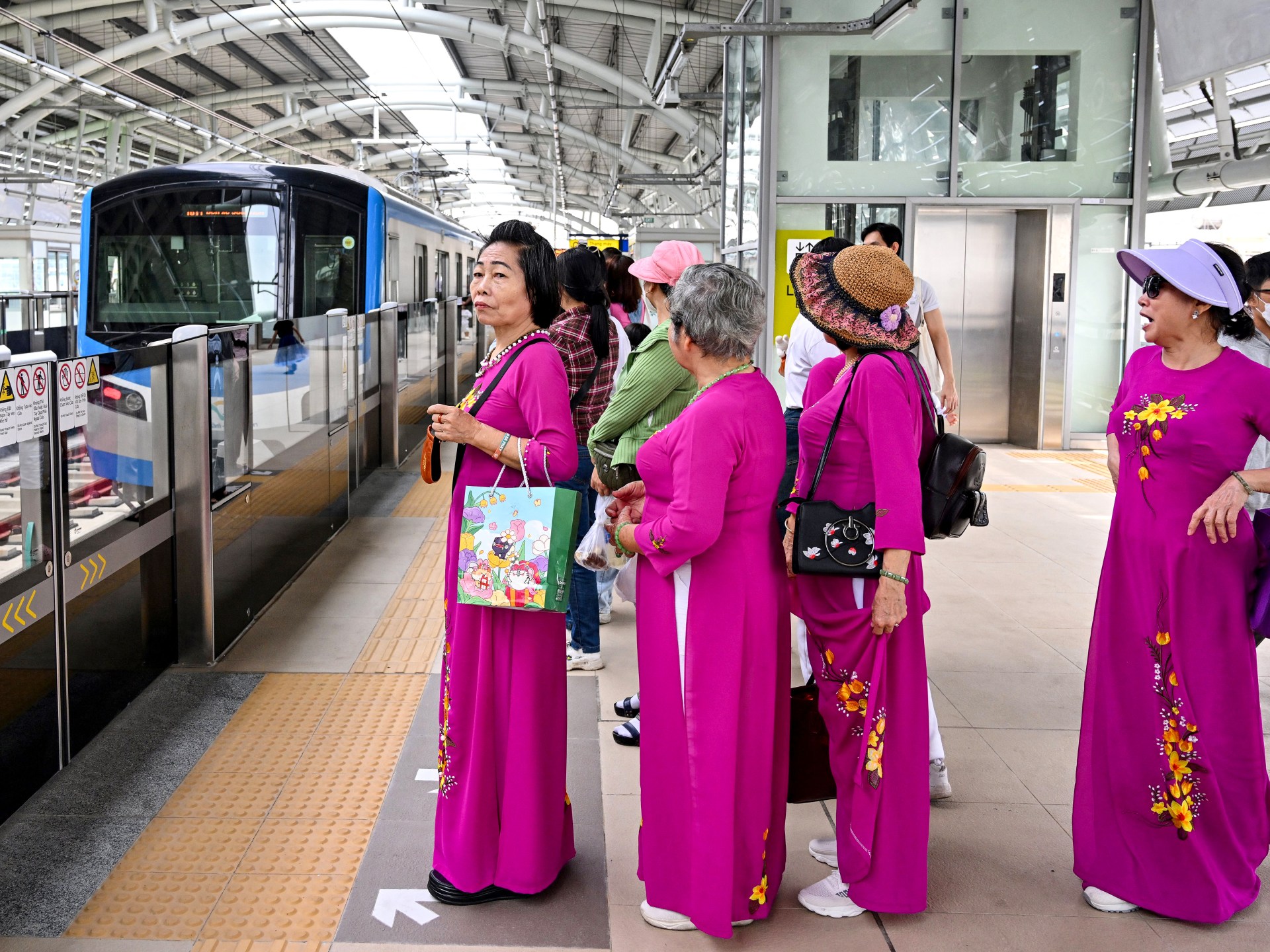
Leave a Reply